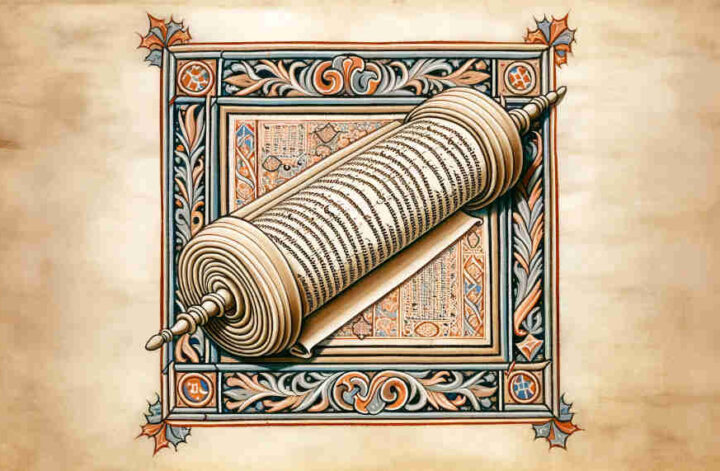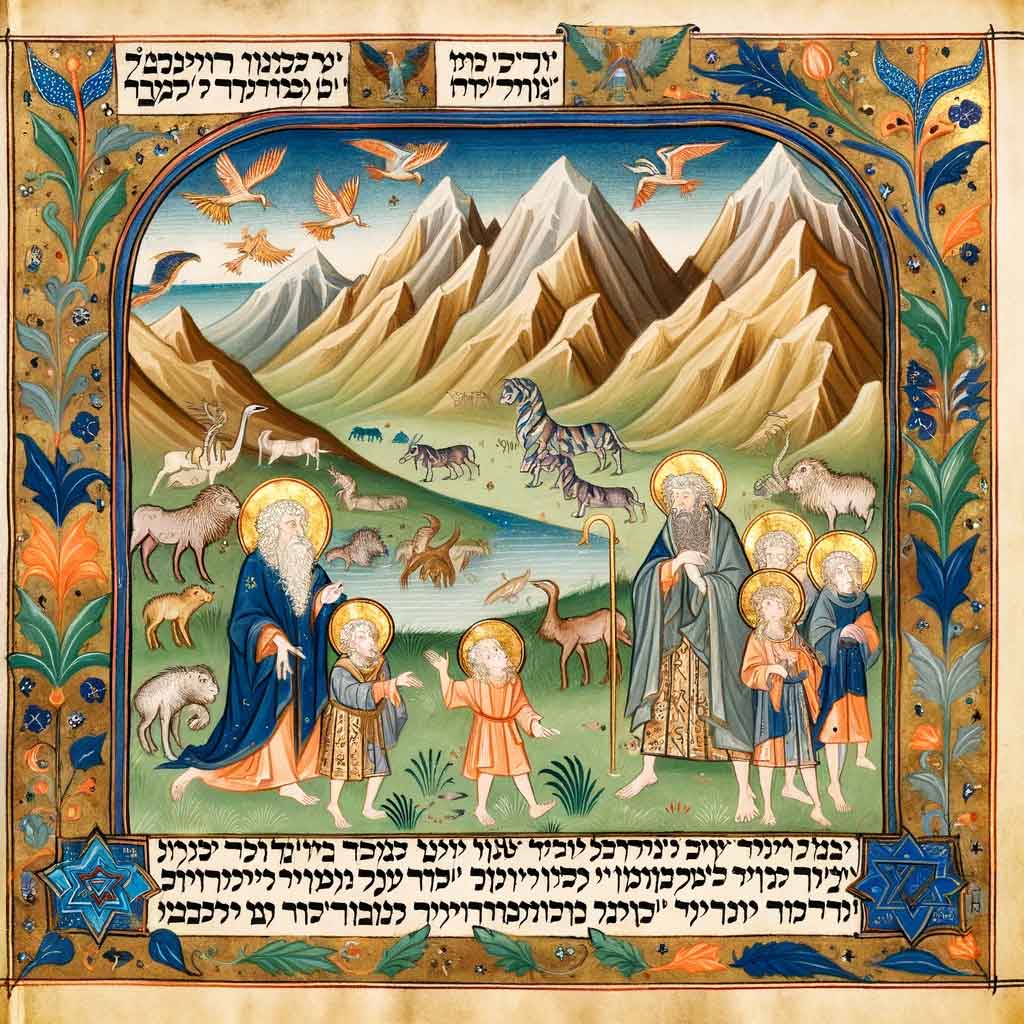Email from a reader: “Dear Rabbi Joshua, I’m interested in the Noahide Laws and have a question regarding the Torah. Is there a specific place in the Torah that states Noahides cannot learn Torah? Looking forward to your guidance. Sincerely, John Williams”
Dear John,
Your inquiry touches on an important aspect of Jewish law and its interpretation concerning the rights of Noahides to engage in Torah study. Let’s examine this matter more closely.
Direct References in the Torah:
Firstly, it’s important to note that the Torah itself does not explicitly address the issue of whether Noahides can or cannot learn the Torah. The Torah, particularly in its written form, does not provide direct guidance on this specific question. The Noahide Laws, as outlined in the Torah (specifically in the book of Genesis), focus more on general ethical and moral commandments.
Talmudic Interpretation:
The discussion about whether Noahides are permitted to study the Torah primarily comes from Talmudic interpretation and rabbinic literature. In the Talmud, there are discussions about the appropriateness of non-Jews engaging in Torah study, specifically regarding the commandments that are not part of the Seven Noahide Laws.
One reference often cited is from the Talmud, Tractate Sanhedrin 59a, which discusses the idea that a non-Jew who studies the Torah is akin to a high priest. This statement has been interpreted in various ways, with some understanding it as a restriction on Torah study by non-Jews, while others interpret it more positively, suggesting that non-Jews who study parts of the Torah relevant to the Noahide Laws are highly esteemed.
Contemporary Perspectives:
In contemporary Jewish thought, there is a range of opinions on this matter. Many rabbis and scholars encourage Noahides to study parts of the Torah and Jewish writings that are relevant to the Noahide Laws and ethical living. The emphasis is on the study of topics that enhance one’s understanding of universal ethical principles and the Noahide commandments.
There is generally an understanding that Noahides should focus on the aspects of the Torah and Jewish teachings that are applicable to them, rather than the commandments specifically given to the Jewish people.
Conclusion:
John, while the Torah does not explicitly state that Noahides cannot learn Torah, the discussion around this topic in Jewish tradition is nuanced and varies among different authorities. The contemporary approach often encourages the study of the Torah in areas relevant to the Noahide Laws and universal ethics.
Warm regards,
Rabbi Joshua


